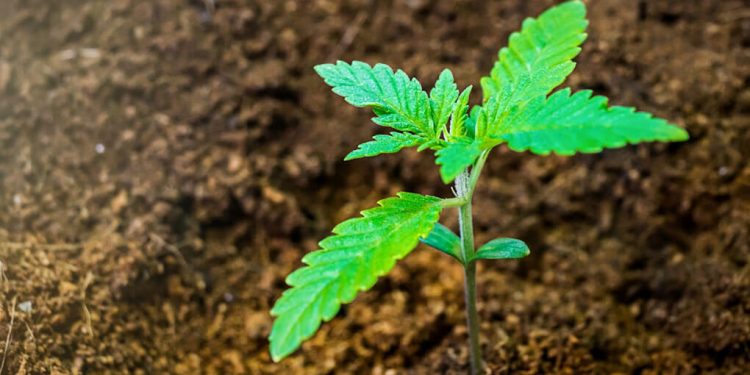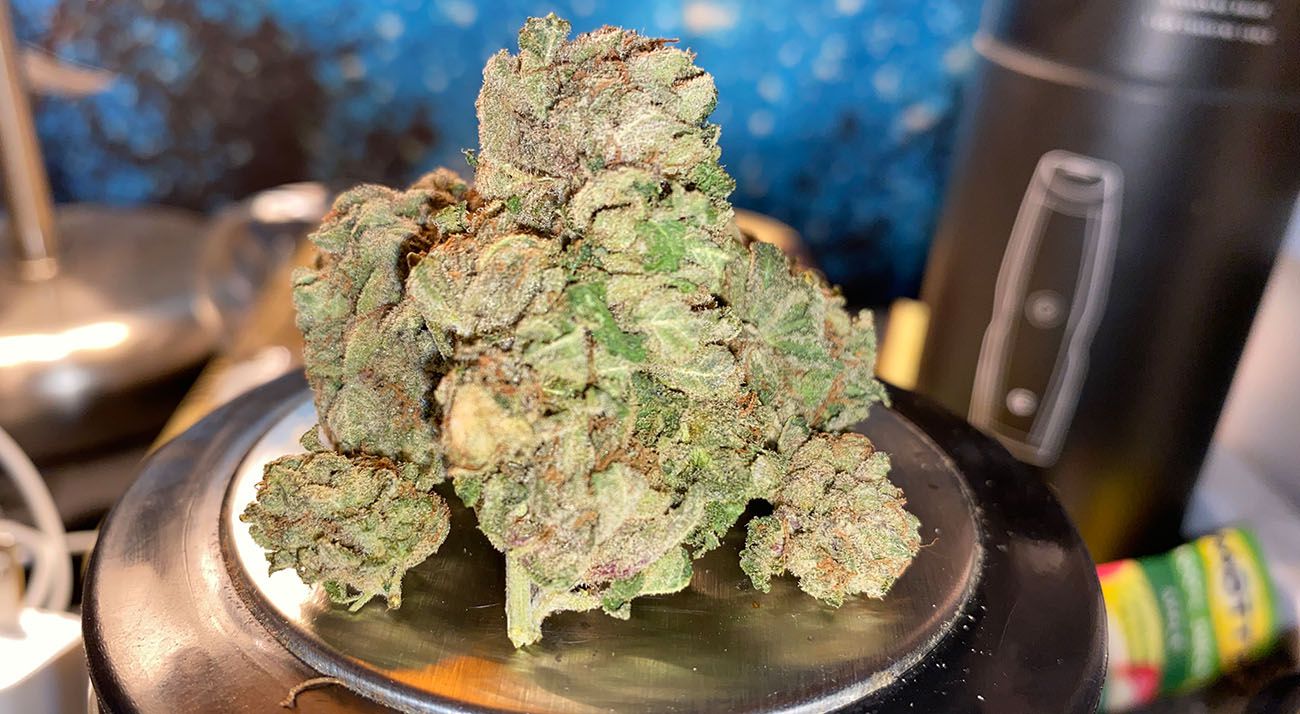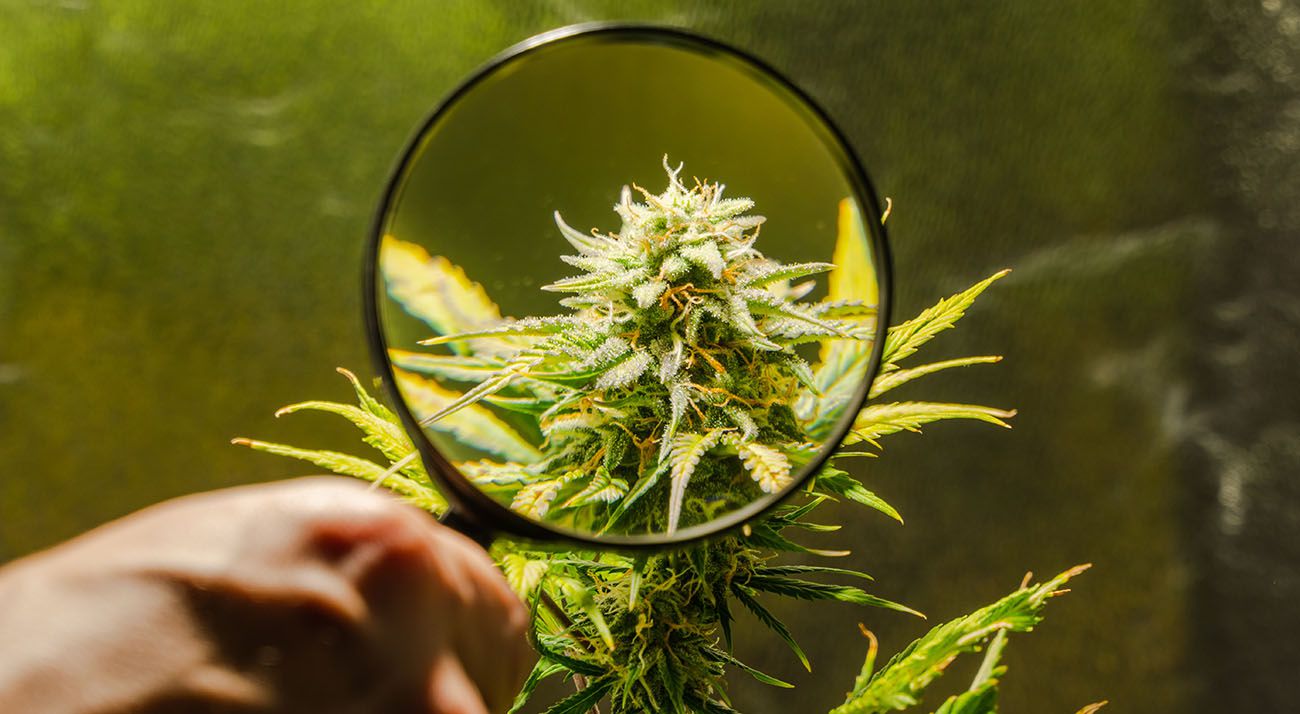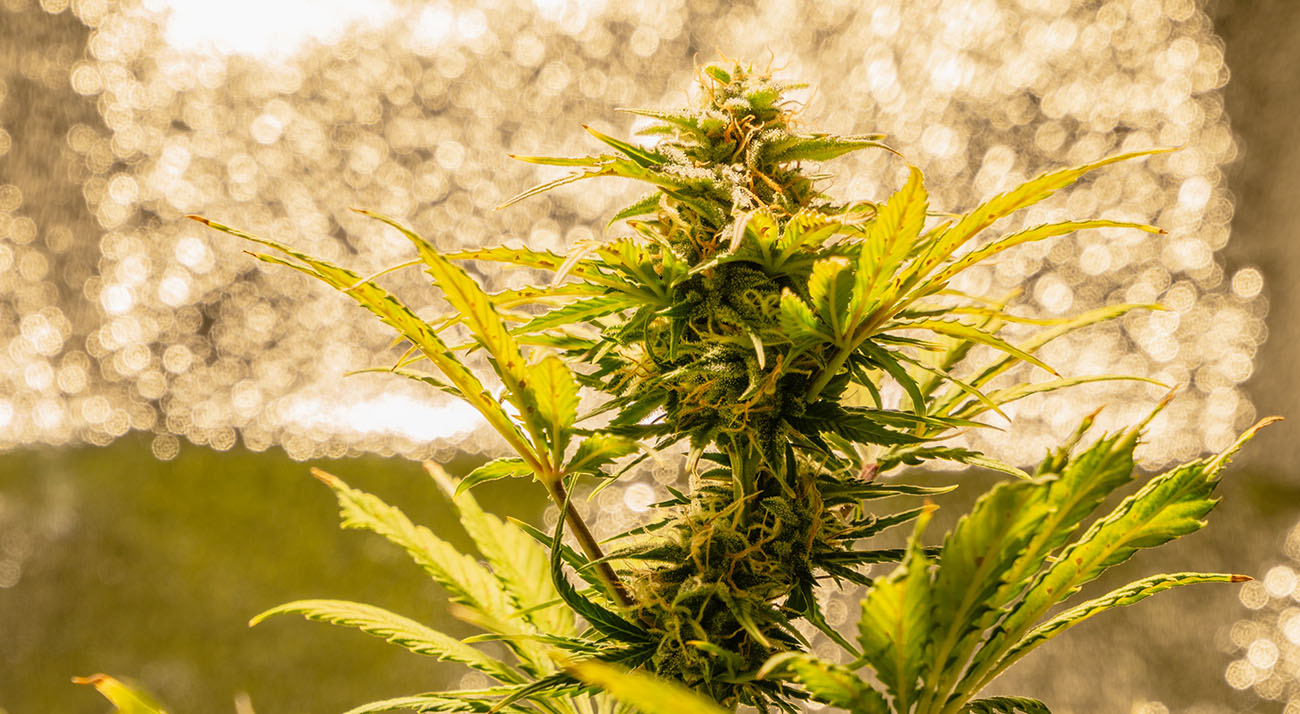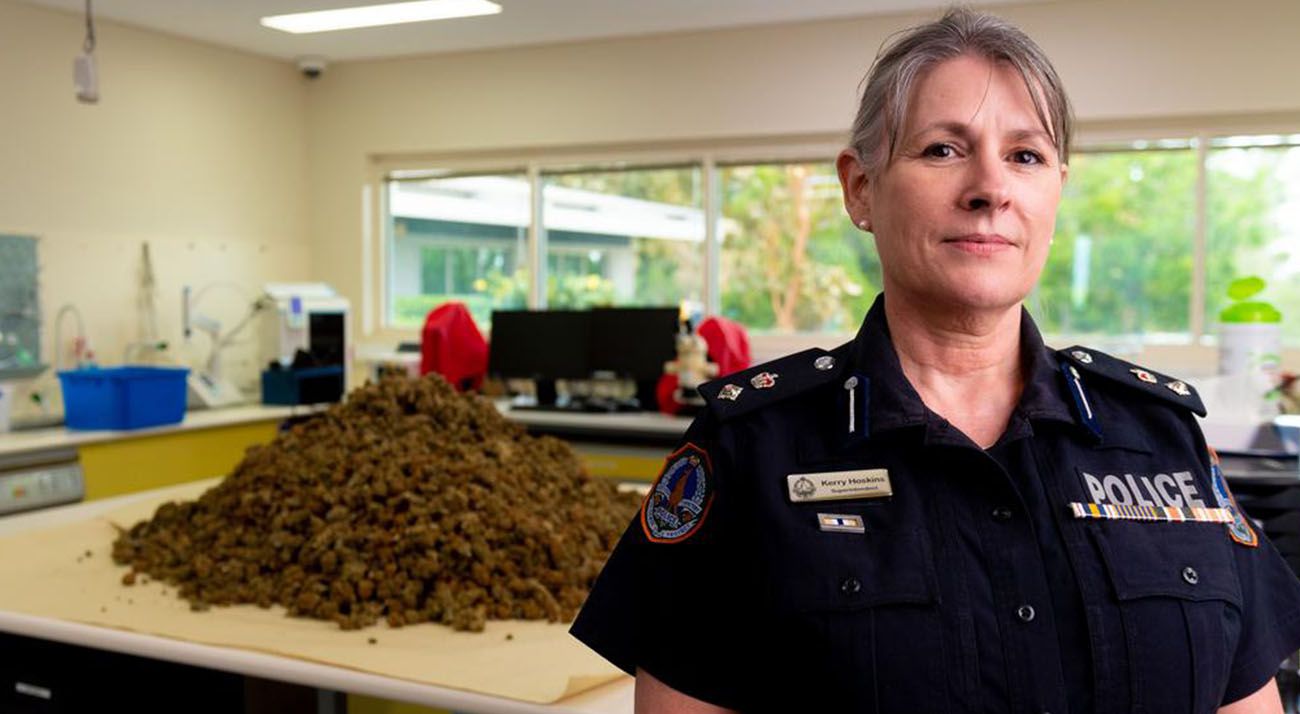Follow legislation passed by the NT Parliament last year, hemp is now allowed to be legally farmed throughout the state.
Farmers across the state will now be able to participate in the new growing opportunity. Supplying and cultivating low range cannabis for food, fibre, and seed production.
The specific type of hemp plants farmers can grow contain a exceptionally low level of THC. So low, that you won’t get high if you consume them.
Paul Kirby, the Minister for Primary Industry and Resources, realises these new laws couldn’t have come at a better time.
At a time when jobs and investment opportunities are more important than ever for the Territory, the commencement of the Hemp Industry Act is a huge opportunity for our agriculture sector.
Hemp itself has been widely discussed as providing many benefits across various industries and products.
It’s cultivated for its seeds and fibre, can be used in manufacturing textiles, rope, and paper, and is often used as add-ins for numerous health products such as soap, lotion, and shampoo. Some even garnish their steaks with the seed.
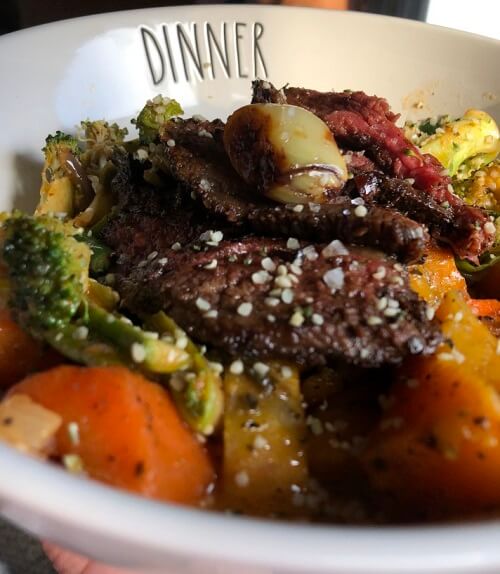
Paul Burke, the CEO of NT Farmers Association, came forward and invited farmers to show their interest. He also hinted they would be supported during the initial stages of setting up their hemp farm for first production.
Australia’s hemp industry is still emerging from its dark past, after being outlawed for cultivation in 1937 due to its relations to cannabis.
Thankfully, as science has progressed, we’ve now realised the THC levels in hemp are low enough to deem the plants suitable for human consumption.
As with projections of the medicinal cannabis industry in Australia, the hemp industry is set to exponentially grow over the coming years as it becomes more accepted into mainstream society.
In 2012, the Australian hemp industry was worth around $300,000. In 2017, $6 million worth of hemp was farmed, in Tasmania alone.


